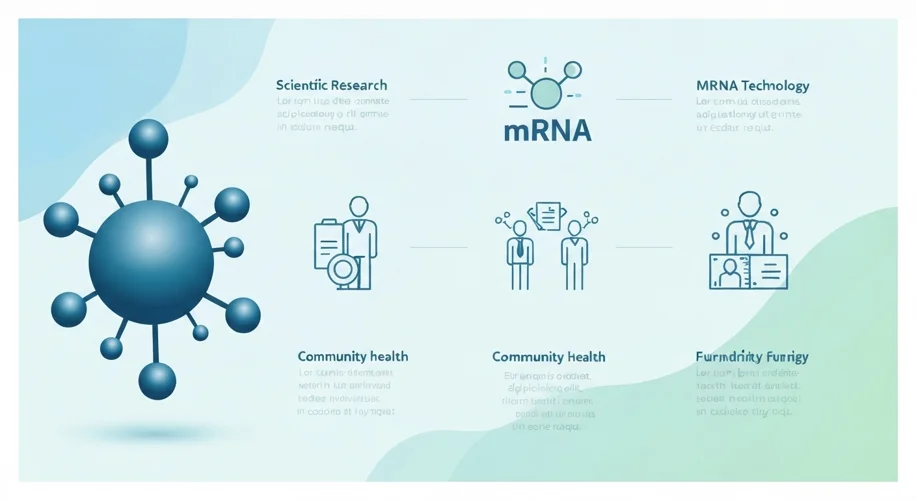As someone deeply invested in scientific understanding and its impact on our world, I often find myself drawn to discussions about public health. Today, I want to unpack a recent conversation surrounding vaccine funding, specifically the commentary regarding RFK Jr.’s proposed $500 million cut for mRNA vaccines and the reasoning presented.
It’s important for us to approach these topics with clarity and a commitment to factual understanding. The discussion around vaccine development and funding involves complex scientific processes and public health considerations. When we talk about mRNA vaccines, we’re referring to a technology that has played a significant role in addressing global health challenges. These vaccines work by instructing our cells to make a protein, or even just a piece of a protein, that triggers an immune response inside our bodies. This process helps our bodies develop immunity to a particular disease without us having to get sick first.
The idea of reallocating funds within public health initiatives is a point of discussion for many. However, the specific claims made about mRNA vaccines being linked to certain negative outcomes, often described with terms that don’t align with established scientific consensus, deserve careful examination. It’s vital to rely on peer-reviewed research and the consensus of scientific and medical communities when evaluating these technologies.
The scientific community, including researchers and public health officials, relies on rigorous testing and ongoing monitoring to ensure the safety and efficacy of vaccines. This process involves extensive clinical trials and post-market surveillance. When new information emerges, it’s typically debated, investigated, and validated through this established scientific method.
From my perspective, understanding the science behind these innovations is key. It’s not just about the technology itself, but also about how we communicate about it and how decisions are made. A healthy scientific discourse allows for robust debate, but it should be grounded in evidence and a shared understanding of scientific principles. Misinformation can easily cloud our judgment, especially when complex topics are involved.
My background in atmospheric science, while seemingly distant, has taught me the importance of data, modeling, and the scientific method in understanding intricate systems. This approach is equally crucial when evaluating public health interventions. We need to trust in the process of scientific inquiry and the dedication of the professionals working within it.
Instead of getting lost in confusing terminology or unsubstantiated claims, let’s focus on what we can do. We can support evidence-based research, advocate for transparent public health policies, and continue to educate ourselves on the scientific principles that guide us. In my experience, a commitment to learning and asking critical questions, while remaining open to established scientific consensus, is the best way forward for our collective well-being.

